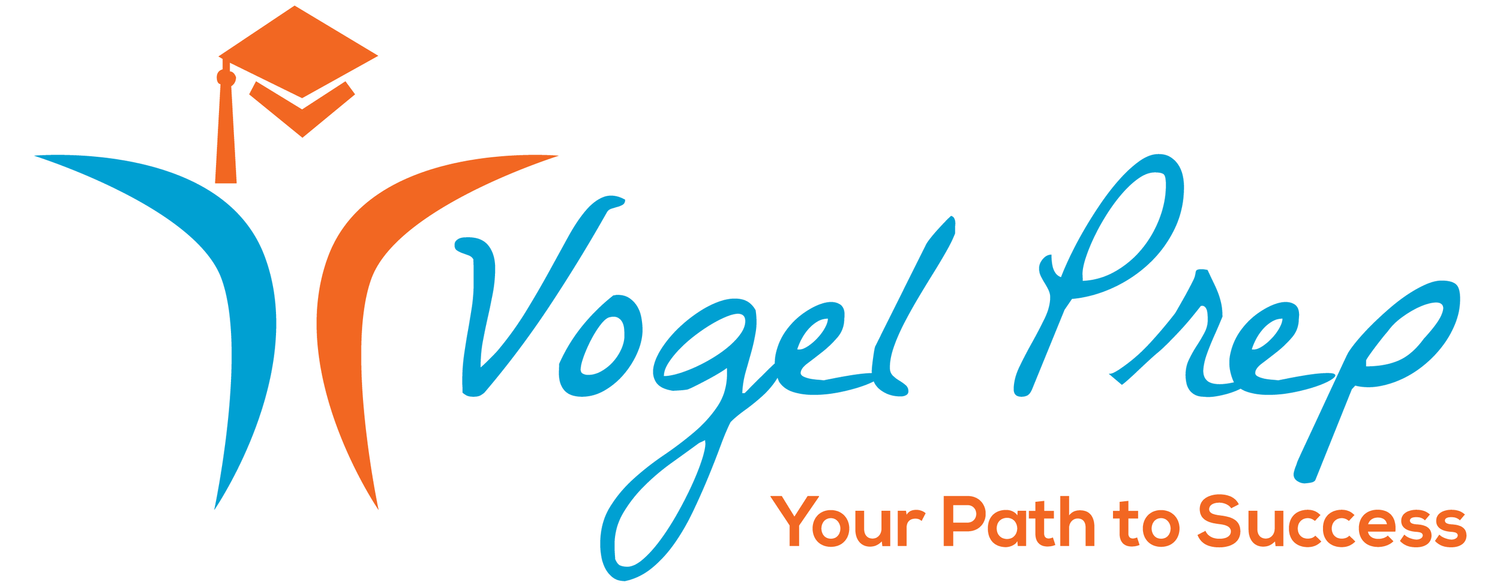The Power of Good Grades
Being a Good Test-Taker is a Lifelong Skill
When students learn to become better test-takers, they develop positive habits that last a lifetime. One-on-one tutoring and small group classes can provide students with strategies to approach exams both methodically and successfully. The skills described here may serve your students in the world outside the classroom.
Why Are Math Skills Essential?
“When will math come in handy?” When faced with tough algebraic concepts and geometry equations, many young learners ask this question. But the value of math extends far beyond the classroom. First consider that a well-rounded aptitude in mathematics is essential to scoring well on major exams, from AP tests to the SAT and ACT. What’s more, exceptional math skills are foundational skills to much of life outside of high school or college: opening a bank account, tracking expenses, excelling in many chosen career paths, and even an activity as basic as following a recipe.
With that in mind, mathematics must play a pivotal role in a child’s educational strategy, whether brushing up on basic skills or prepping for a school Math test, an SAT, ACT or SAT Math II Subject Test. Here are key ways that building math skills are essential to overall cognitive ability.
Students Can Overcome Math Anxiety
Here are 4 Reliable Ways
When it comes to math, some students draw a giant, agonizing blank when tasked with a set of homework equations, or worse, just before test time. If a student balks when faced with basic math computing challenges, then it’s far less likely that he or she will be equipped to tackle more complex concepts, let alone the math portions of the SAT or ACT.
That’s why at Vogel Prep we have assembled four memorable methods for grappling with math-based anxiety, so that when test time arrives, your student has the mental tools he or she needs to power through:
1. Always Be Prepared
This may seem like a no-brainer, but much of math-related anxiety is due to a lack of understanding of the subject matter. Because math allows little room for error, students often become overwhelmed with anxiety when approaching a problem. Perhaps the healthier alternative is to meet the material with confidence. Asking for clear illustrations during tutoring sessions—even when it seems redundant—is essential to combatting anxiety.
2. Master the Basics
Many math mistakes are either careless errors or lapses in foundational knowledge. Tackling multi-step equations becomes far less daunting when students recognize all the components and solve each problem piece-by-piece, applying a clear execution of basic math. Likewise, doubling down on basic math skills lessens the potential for silly calculation mistakes. Students can approach math with poise when they are confident in the tools at their disposal: basic mathematical dexterity.
3. Put Pencil to Paper
Whether tackling the SAT, ACT, or any other math test, anxiety tends to rear its head when students don’t know where to begin. That’s why it’s so beneficial when parents, tutors or teachers encourage students to write down their work by hand, including formulas, equations, and the known steps necessary to complete a math problem. By writing it all down, students take the burden off their mind to abstractly sort through processes and calculation work. This method also helps students stay organized and on task.
4. Develop a Personalized Strategy for Math Test Prep
Each student is unique, complete with his or her own learning style, goals, weaknesses, and strengths. A tailor made approach to math—whether prepping for the SAT, ACT, an SAT Subject Math Test or an AP Calculus exam, or otherwise—is a reliable way to combat anxiety and aid in overall test preparedness. Likewise, small group or one-on-one math tutoring can provide students the extra time and attention they need to alleviate academic anxiety. Extra face-time with a math tutor means more room for questions, strategizing, practice, and review.
At Vogel Prep, we offer a variety of tutoring services to help students overcome the number one stumbling block when it comes to success in math anxiety. Through one-on-one tutoring or small group classes, we equip students with core knowledge and academic strategies so that they can take on math with pride and self-assurance.
Vogel Prep serves students in the Phoenix area, including those from Scottsdale, Arcadia, Cave Creek, Paradise Valley and Fountain Hills, looking to improve their scores for PSAT, SAT and ACT, and much more. At our conveniently located tutoring center at 13951 N. Scottsdale Rd. Suite 211 in Scottsdale, Vogel Prep also provides academic advising services to students and their families.
Visit www.vogelprep.com, call 480-990-7374 or email info@vogelprep.com.








